Schedule 80 seamless black steel pipe is a widely used industrial material known for its thick wall, high strength, and ability to withstand demanding operating conditions. As one of the most reliable options for high-pressure and high-temperature applications, it plays a critical role in industries ranging from oil and gas to power generation, chemical processing, and heavy construction.
The term “Schedule” refers to the pipe wall thickness as defined by the American National Standards Institute (ANSI) and the American Society of Mechanical Engineers (ASME). Schedule 80 pipes have a thicker wall compared to Schedule 40 pipes of the same nominal size. The extra thickness allows them to handle higher internal pressures and provide better durability in harsh environments.
For example, a 2-inch nominal size Schedule 80 pipe has a wall thickness of approximately 0.218 inches, whereas a Schedule 40 pipe of the same size has only about 0.154 inches. This increased thickness directly translates into improved pressure ratings and longevity.
Seamless Manufacturing
A seamless black steel pipe is produced without any welding seams. It is typically manufactured through a hot rolling or cold drawing process using solid billets. The absence of welds eliminates the risk of seam failure under high stress or fluctuating loads, which is a common concern in welded pipes.The seamless production process not only enhances the pipe’s strength but also ensures uniformity in shape, wall thickness, and structural integrity. This makes Schedule 80 seamless black steel pipe a preferred choice for applications where safety and reliability are paramount.
The “Black” Finish
The term “black steel” refers to the pipe’s surface appearance. It is usually covered with a dark iron oxide layer formed during the manufacturing process. This finish may also be enhanced with a light oil or anti-rust coating to prevent oxidation during storage and transport.Unlike galvanized steel pipes, black steel pipes are not coated with zinc. While this means they require proper external protection when used outdoors or in corrosive environments, the absence of zinc makes them suitable for high-temperature applications where galvanized coatings would degrade.
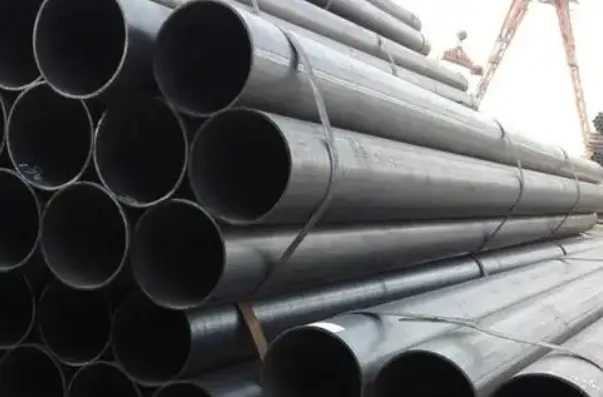
Advantages of Schedule 80 Seamless Black Steel Pipe
Schedule 80 seamless black steel pipe, with its thicker wall design (30%-50% thicker than Schedule 40), is the preferred choice for high-pressure, high-temperature, and corrosive environments. It can withstand pressures exceeding 300 psi, with specialized specifications capable of withstanding thousands of psi. Its thick-walled structure increases compressive strength by over 50%, while also providing additional corrosion margin. The black oxide layer (Fe₃O₄) on the surface enhances basic corrosion resistance. 316 stainless steel is also available for harsh environments. With a temperature resistance range of 400°C (carbon steel) to 870°C (stainless steel), it is suitable for applications in the petroleum, chemical, and power industries. It offers excellent mechanical strength and 50% greater impact resistance than thin-walled pipe, resulting in lower lifecycle costs.








 English
English Español
Español بالعربية
بالعربية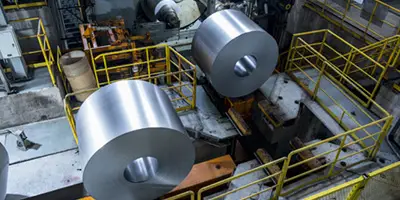
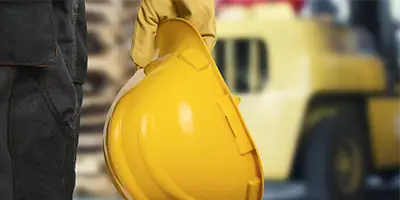
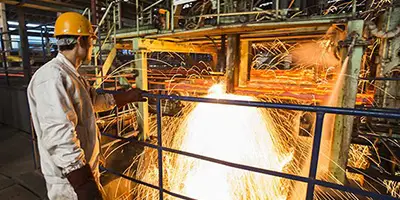
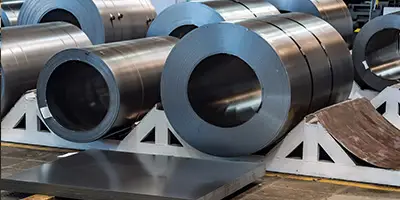

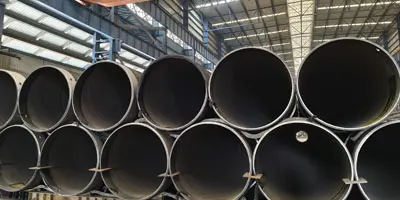
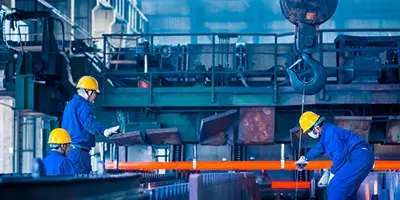
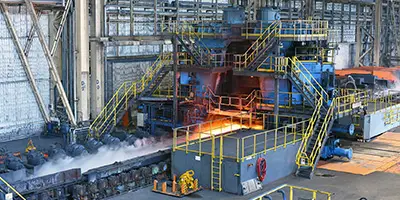
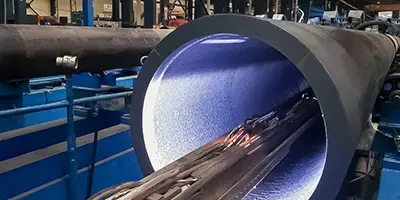
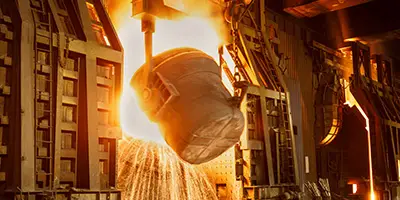
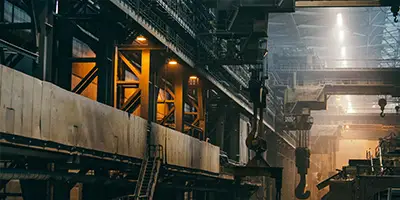

 Phone :
Phone :  Whatsapp :
Whatsapp :  Email :
Email : 


